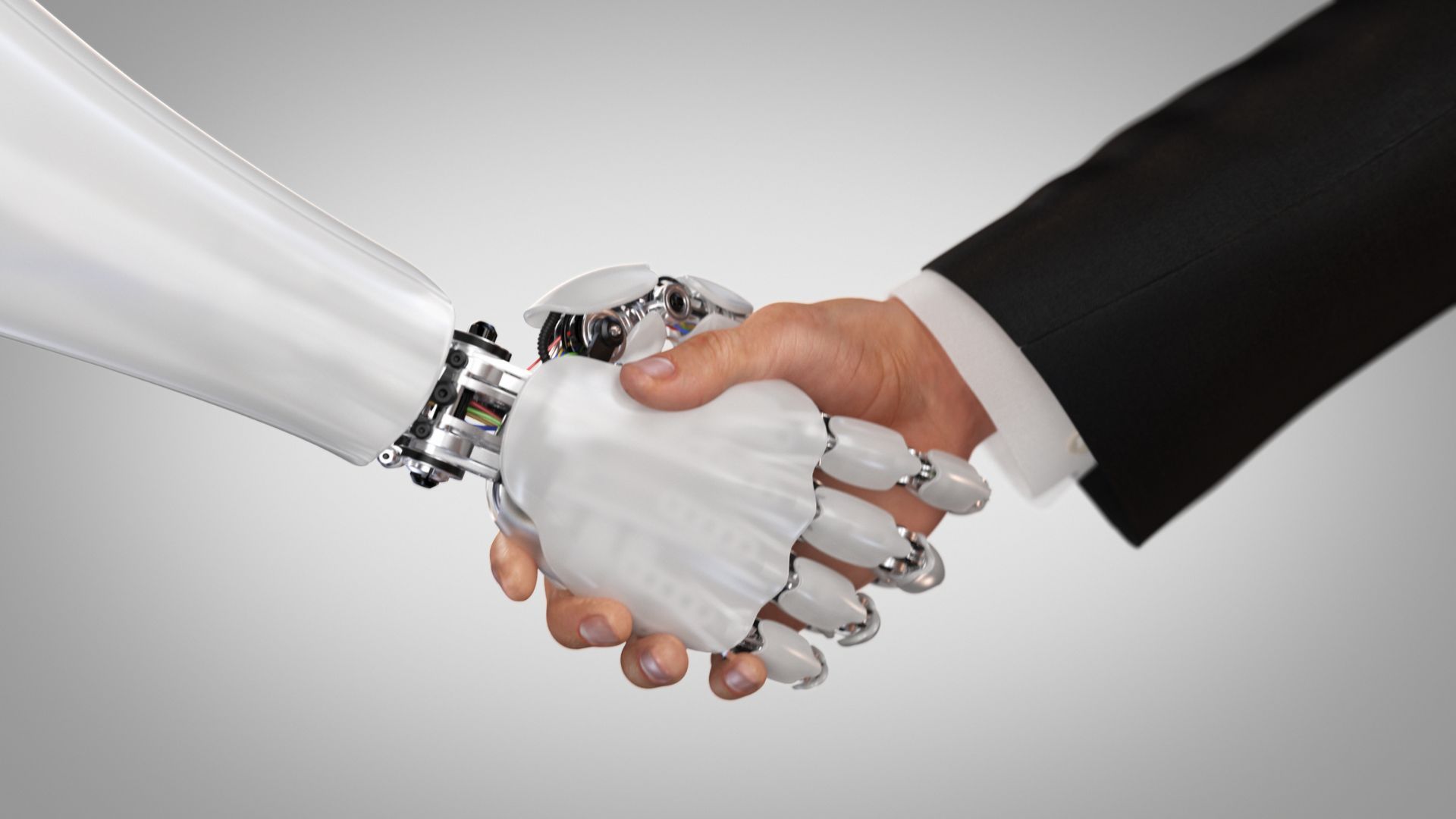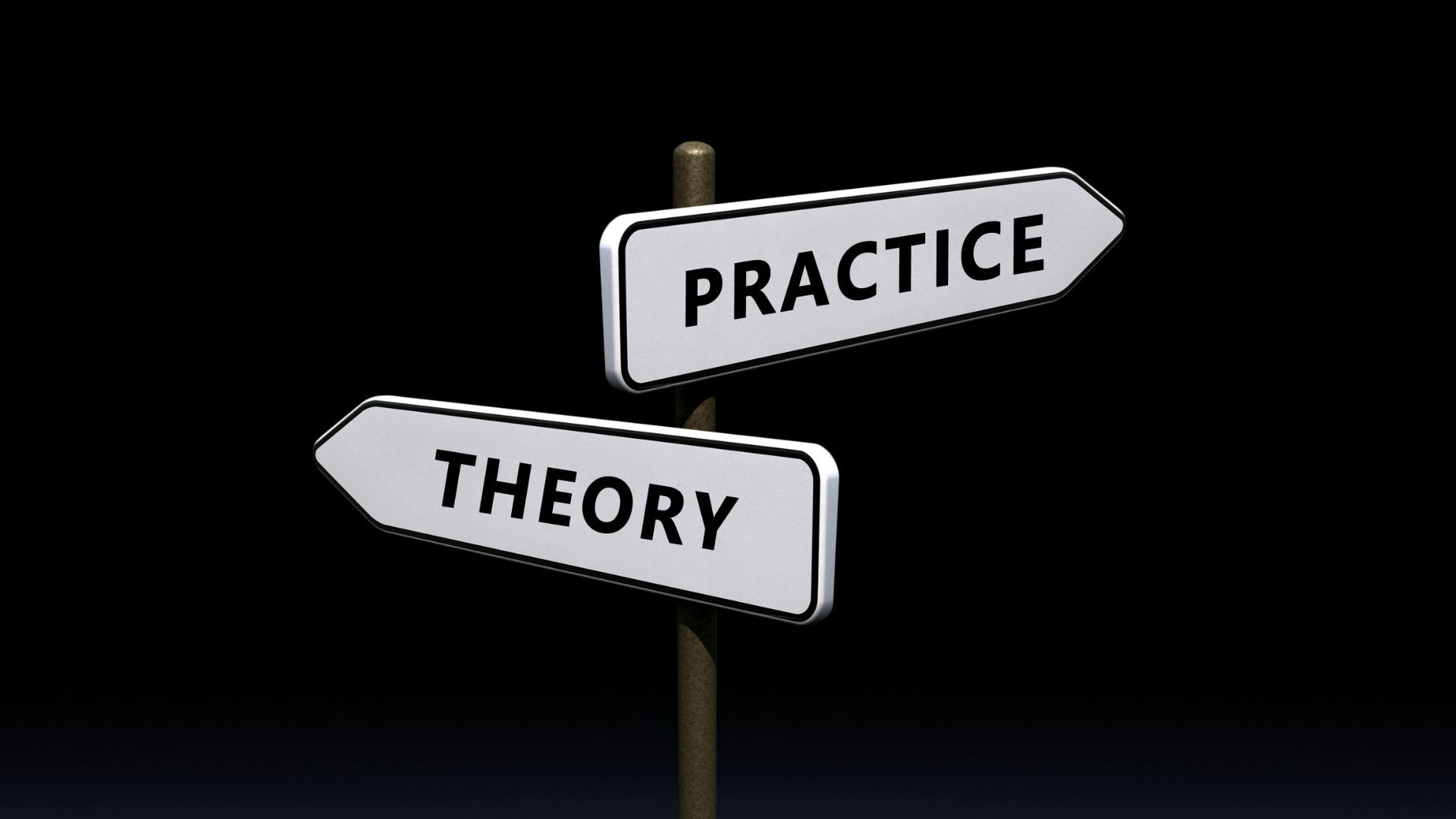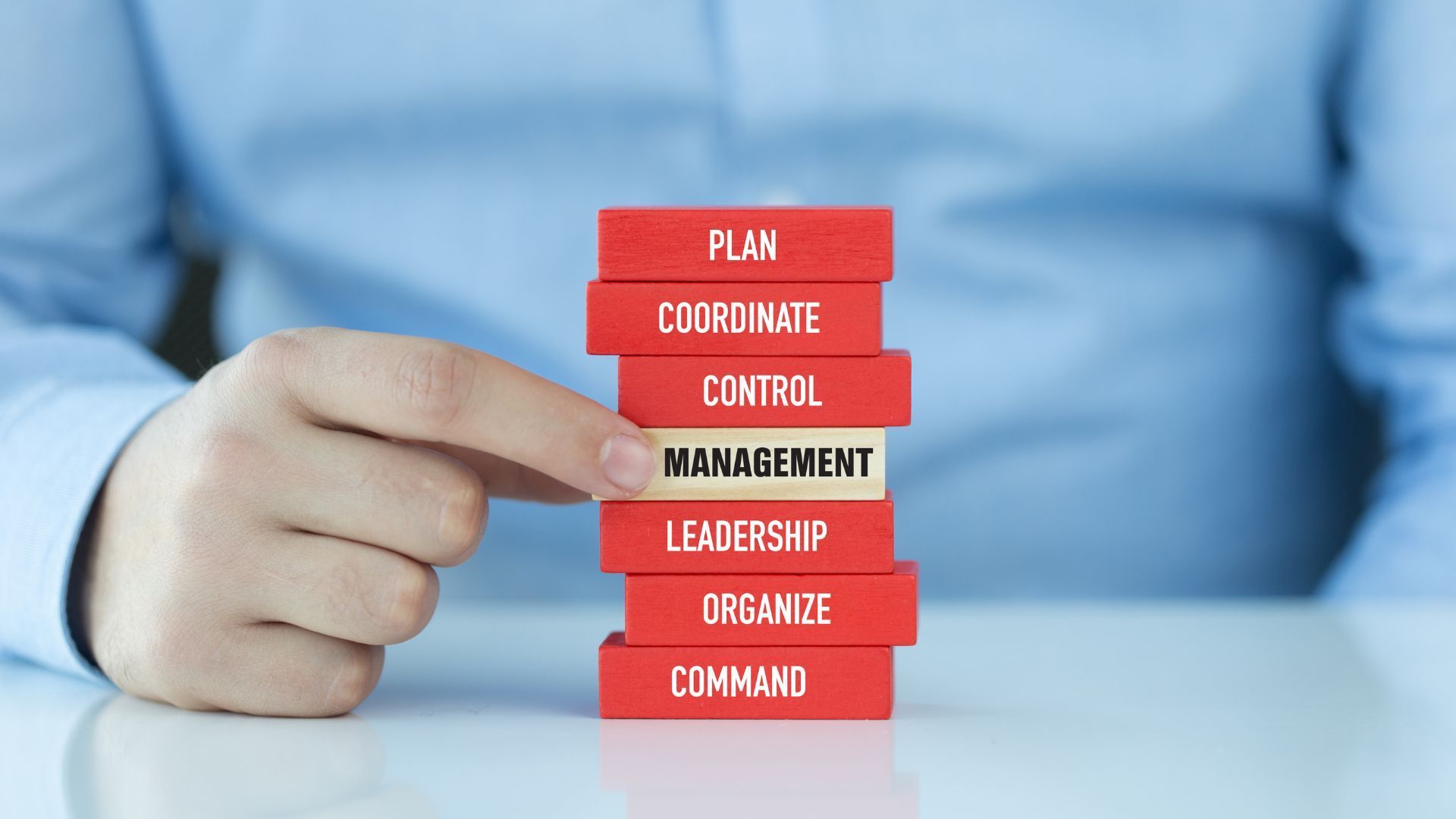The Declining Appeal of Managerial Roles in a Remote and Hybrid World

Declining Appeal of Managerial Roles in a Remote and Hybrid World
In the evolving workplace landscape, managerial roles are becoming increasingly less attractive due to heightened complexities in a post-pandemic world shaped by remote and hybrid working. Managers are grappling with extended work hours, constant interruptions, and the challenge of leading dispersed teams. These factors contribute to rising burnout rates, which not only affect individuals but also the broader organisation.
A survey revealed that 77% of employees have experienced burnout at least once in their current roles, with managers reporting even higher levels of stress. For those in leadership, the stakes are greater—managers are responsible not only for their performance but also for the wellbeing and productivity of their teams. The consequences of manager burnout are significant, as it can lead to demotivation across the workforce, decreased productivity, and higher turnover rates.
The shift to remote work has compounded these challenges. With the expectation of constant availability and the blurring of work-life boundaries, many managers find it difficult to disconnect. Additionally, being physically present in the office on more days than their team—often to provide leadership and direction—places added strain on their workload. These challenges highlight the critical need for organisations to rethink how they support managerial roles in an era dominated by flexibility and digital connectivity.
“When employees experience burnout, we see sick days and reduced productivity, but for managers, it affects the entire team.”
During a recent discussion on the "AFR with Euan Black" programme, Bianca Luck, NSW Director at people2people, shed light on the growing struggles faced by managers today. She emphasised how the pressures of remote leadership and constant connectivity have heightened burnout among leaders.
"Manager burnout is potentially worse for a business," Bianca explained. "When employees experience burnout, we see sick days and reduced productivity, but for managers, it affects the entire team. Their wellbeing can dictate team morale and output." This cascading effect underscores the critical role of leadership in maintaining organisational health.
One significant contributor to manager burnout is the extended workday. “Managers often have longer days, catching up on work after hours due to frequent interruptions during the day,” Bianca noted. This pattern leaves little room for recovery, further exacerbating stress levels.
Remote and hybrid working arrangements, while offering flexibility for employees, have created unique challenges for managers. With team members often working on different schedules, managers find themselves in the office more frequently to lead, coach, and train effectively. As Bianca highlighted, "Visibility remains important for leadership, but it often means more in-office days for managers than their teams."
Bianca also touched on the issue of constant availability in a remote world. "It’s so easy to jump back online after dinner and put in a few hours, but this habit makes it hard to switch off." The "right to disconnect" becomes crucial here, with Bianca advocating for practical strategies like scheduling emails during work hours to reduce after-hours pressure on teams.
Practical Tips to Navigate the Challenges
Addressing the complexities of managerial roles in the remote and hybrid work era requires intentional changes to both organisational policies and individual practices. Here are some strategies to mitigate burnout and improve manager wellbeing:
- Prioritise Boundaries
Encourage managers to set clear boundaries around work hours. Providing tools and training on effective time management and communication can empower leaders to maintain these boundaries. - Promote Flexibility for Leaders Too
While hybrid models often cater to employees, organisations must extend similar flexibility to managers. Allowing them to tailor their in-office schedules can reduce unnecessary stress and improve work-life balance. - Introduce Support Systems
Implement mentorship programmes, coaching, or peer networks for managers to share challenges and seek guidance. A strong support system can alleviate the sense of isolation many leaders feel. - Adopt Technology to Reduce Workload
Utilise scheduling and collaboration tools to streamline tasks and reduce interruptions during core work hours. Automating repetitive tasks can also free up time for strategic leadership activities. - Foster a Culture of Wellbeing
Organisations should champion wellbeing initiatives, including mental health resources and wellness programmes, to support all employees, including leaders. - Encourage the Right to Disconnect
Lead by example. Senior leadership must model healthy work habits, such as disconnecting after hours, to inspire managers and employees to follow suit.
By implementing these strategies, organisations can alleviate some of the burdens on managers, enabling them to thrive in their roles and effectively lead their teams.
Embracing Change for a Sustainable Future
Managerial roles remain essential to organisational success, yet the challenges they face must be acknowledged and addressed. As Bianca Luck eloquently stated, "Stress levels are a major concern for managers. Organisations must take proactive steps to ensure their leaders are supported, not overwhelmed."
By rethinking policies, offering targeted support, and fostering a culture that values balance and wellbeing, businesses can transform the managerial experience into one that is sustainable and rewarding.
Find the job you love I Find the right talent
Get in touch with people2people
Australia I United Kingdom
In business since 2002 in Australia, NZ, and the United Kingdom, people2people is an award-winning recruitment agency with people at our heart. With over 12 offices, we specialise in accounting and finance, business support, education, executive, government, HR, legal, marketing and digital, property, sales, supply chain, and technology sectors. As the proud recipients of the 2024 Outstanding Large Agency and Excellence in Candidate Care Awards, we are dedicated to helping businesses achieve success through a people-first approach.
Find the job you love I Find the right talent
Get in touch with people2people
Australia
I
United Kingdom
In business since 2002 in Australia, NZ, and the United Kingdom, people2people is an award-winning recruitment agency with people at our heart. With over 12 offices, we specialise in accounting and finance, business support, education, executive, government, HR, legal, marketing and digital, property, sales, supply chain, and technology sectors. As the proud recipients of the 2024 Outstanding Large Agency and Excellence in Candidate Care Awards, we are dedicated to helping businesses achieve success through a people-first approach.
Recent articles





Latest Media Features
List of Services
-
11 tips for employers to succeed in 202511 tips for employers to succeed in 2025
Human Resources Online
February 14, 2025 -
How will advisers’ salaries change this year?How will advisers’ salaries change this year?
Money Management
Janurary 17, 2025 -
Being a supportive employer in 2025Being a supportive employer in 2025
Money Management
January 6, 2025
List of Services
Get in touch
Find out more by contacting one of our specialisat recruitment consultants across Australia, New Zealand, and the United Kingdom.
Copyright © 2025, people2people
people2people acknowledges the Traditional Custodians of country, pays respect to their Elders past and present, and extends that respect to all Aboriginal, Torres Strait Islander and Māori peoples today.
people2people partners with CarbonInvoice to measure and mitigate any carbon emissions associated with the work we do.
Specialisations
Locations
Resources

